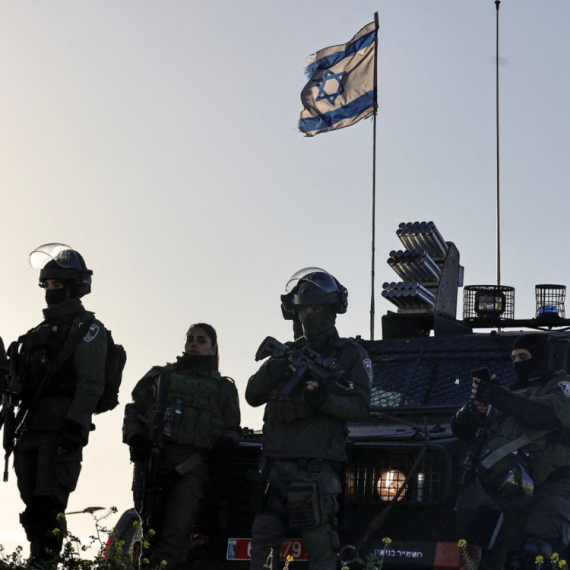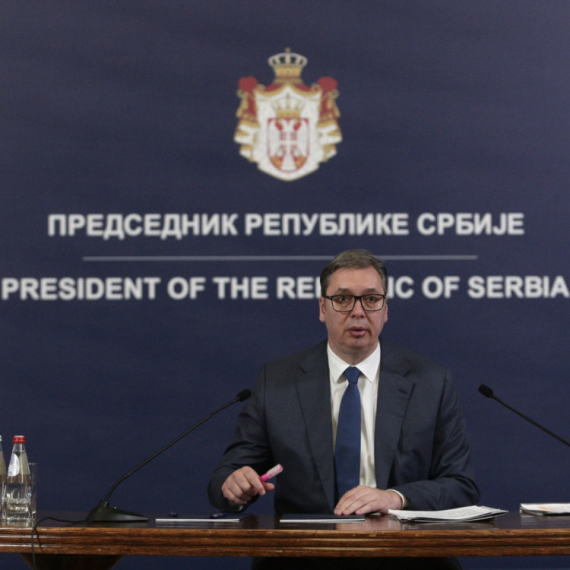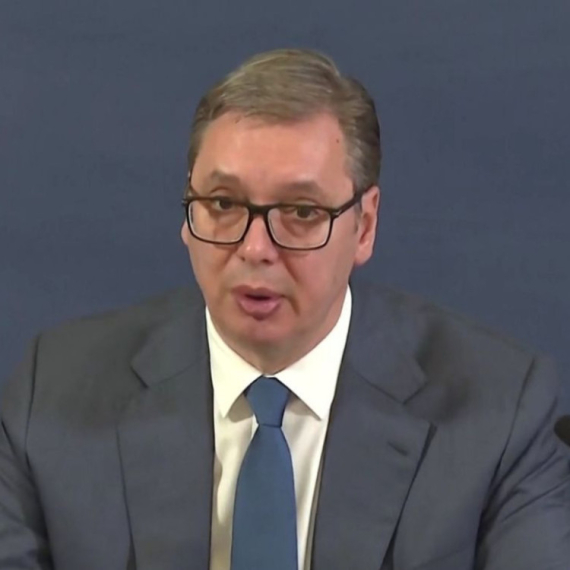"Serbia to feel mid-term impact of crisis"
In 2009, Serbia will face with the mid-term impact of the global financial crisis, says Serbia’s representative to the World Bank Biljana Hroneos-Krasavac.
Wednesday, 03.12.2008.
11:07

In 2009, Serbia will face with the mid-term impact of the global financial crisis, says Serbia’s representative to the World Bank Biljana Hroneos-Krasavac. The crisis is now spilling over into Serbia with the troubled economic situation leading to a drop in the influx of capital, and, in turn, to slower economic growth, Hroneos-Krasavac told VOA. She added, however, that the situation in Serbia was sound for the time being. "Serbia to feel mid-term impact of crisis" “We will be confronted with the mid-term impact of the crisis. We expect it to happen next year, but we should point out that in that event, it will be very important for all the actors and all the creators of Serbian economic policy to be on the same wavelength, to react fast and effectively, and to have an action plan, should matters take the opposite course,“ she said. Hroneos-Krasavac explained that Serbia would be helped in this situation by good implementation of banking system reform, very restrictive monetary policy, and certain restrictions in terms of withdrawing capital from the country. The World Bank official said that the stand-by arrangement agreed between the government and the IMF on November 13 would be approved in regular procedure by the IMF Board of Directors on December 19. “The funds we’ll have access to amount to USD 520mn, which isn’t an excessively large sum of money, but our government has taken a very firm stand towards the conditions set by the Fund, in the sense that there will be no withdrawal of funds unless it's absolutely necessary. Its chief purpose is restrictive fiscal policy, as well as restrictive monetary policy, and corresponding measures are in place to prevent the financial and banking systems coming under threat,“ she underlined.
"Serbia to feel mid-term impact of crisis"
“We will be confronted with the mid-term impact of the crisis. We expect it to happen next year, but we should point out that in that event, it will be very important for all the actors and all the creators of Serbian economic policy to be on the same wavelength, to react fast and effectively, and to have an action plan, should matters take the opposite course,“ she said.Hroneos-Krasavac explained that Serbia would be helped in this situation by good implementation of banking system reform, very restrictive monetary policy, and certain restrictions in terms of withdrawing capital from the country.
The World Bank official said that the stand-by arrangement agreed between the government and the IMF on November 13 would be approved in regular procedure by the IMF Board of Directors on December 19.
“The funds we’ll have access to amount to USD 520mn, which isn’t an excessively large sum of money, but our government has taken a very firm stand towards the conditions set by the Fund, in the sense that there will be no withdrawal of funds unless it's absolutely necessary. Its chief purpose is restrictive fiscal policy, as well as restrictive monetary policy, and corresponding measures are in place to prevent the financial and banking systems coming under threat,“ she underlined.



























































Komentari 0